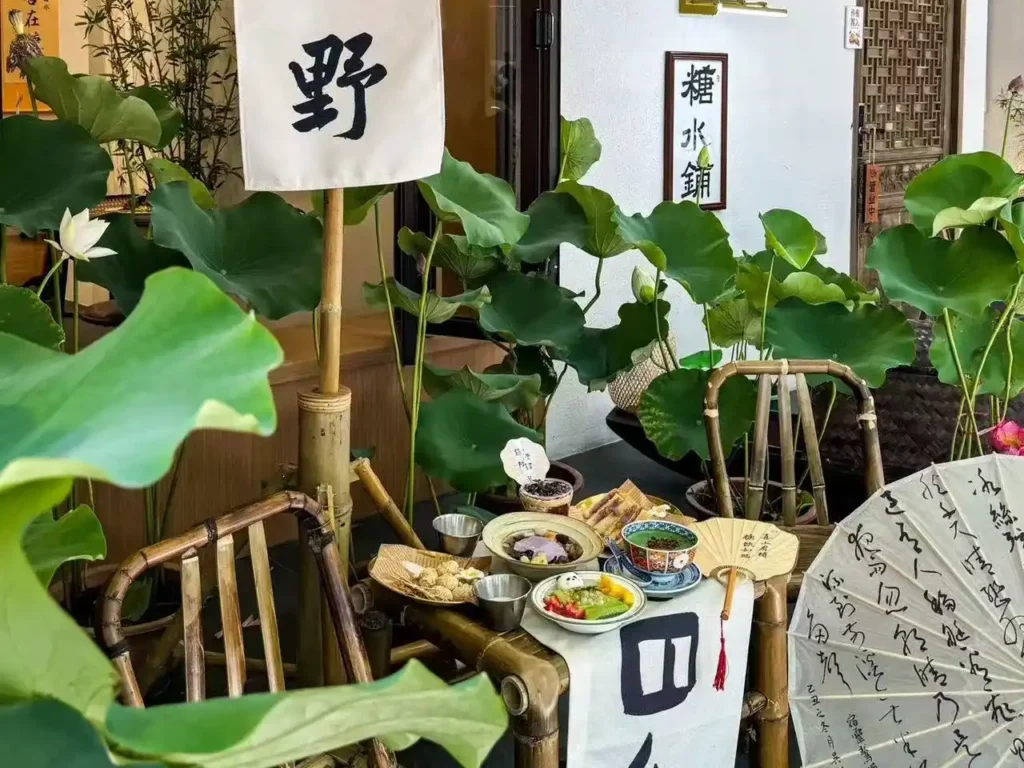English
Hand-Pulled Noodles is a type of Chinese noodle dish.
English
The noodles are hand-pulled, very long, and also very chewy.
拉面 可以 有 很 多 味道,比如 牛肉 味、鸡肉 味,还有 海鲜 味。
English
Hand-Pulled Noodles can have many flavors, such as beef, chicken, and seafood.
English
Many Chinese and foreigners like to eat Hand-Pulled Noodles.
English
You can eat Hand-Pulled Noodles at a noodle restaurant, or you can make it yourself at home.
English
Hot Hand-Pulled Noodles is very delicious, and eating it in winter is even more comforting!
语法点 (Grammar Points)
1. 是 + Noun + Verb + 的 – Used to emphasise the origin, method, or reason behind something.
The structure is used to indicate that something is done in a specific way or has a specific characteristic. The 的 at the end is used for emphasis, often in the context of describing the origin or method of an action.
文中 (In text):
– 面条是手拉的。(The noodles are hand-pulled.)
例 (Example):
– 这 件 衣服 是我妈妈做的。(This shirt was made by my mother.)
2. 可以 + Verb – Expressing possibility or choice
可以 is used to indicate choices or possibilities.
文中 (In text):
– 拉面可以有很多味道。(Hand-Pulled Noodles can have many flavours.)
例 (Example):
– 你可以 抽烟。(You can smoke.)
3. 可以 + 在 + Place + Verb – Indicating where an action can happen
This structure is used to express where an action can take place. 可以 indicates permission or possibility, while 在 + place specifies the location.
文中 (In text):
– 你可以在拉面馆吃拉面,也可以自己在家做。(You can eat Hand-Pulled Noodles at a noodle restaurant, or you can make it yourself at home.)
例 (Example):
– 你可以在 这里 抽烟。(You can smoke here.)
4. 比如 – For example
比如 is used to introduce examples.
文中 (In text):
– 拉面可以有很多味道,比如牛肉味、鸡肉味,还有海鲜味。(Hand-Pulled Noodles can have many flavours, such as beef, chicken, and seafood.)
例 (Example):
– 这里有很多 文具,比如 铅笔、橡皮 和 尺子。(There are many stationery items here, such as pencils, erasers, and rulers.)
5. 更 – Even more
更 is used before adjectives to show comparison.
文中 (In text):
– 冬天吃拉面更舒服!(Eating Hand-Pulled Noodles in winter is even more comforting!)
例 (Example):
– 比起 看 书,我更喜欢看 电影。(Compared to reading books, I prefer watching movies.)


